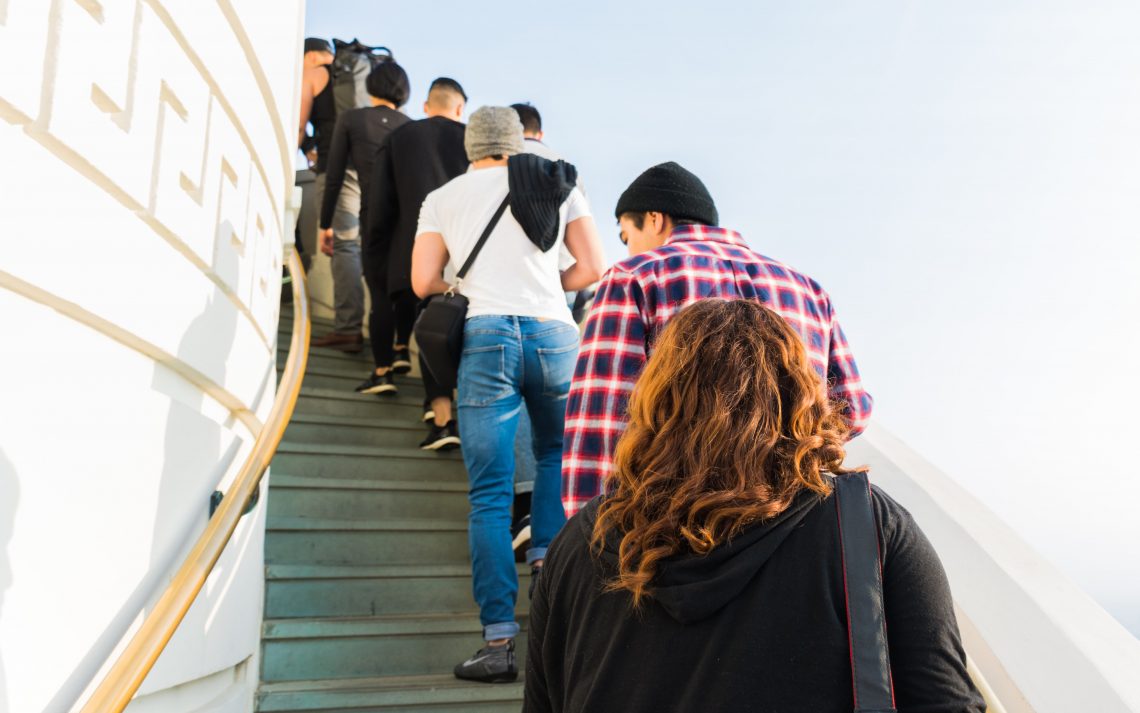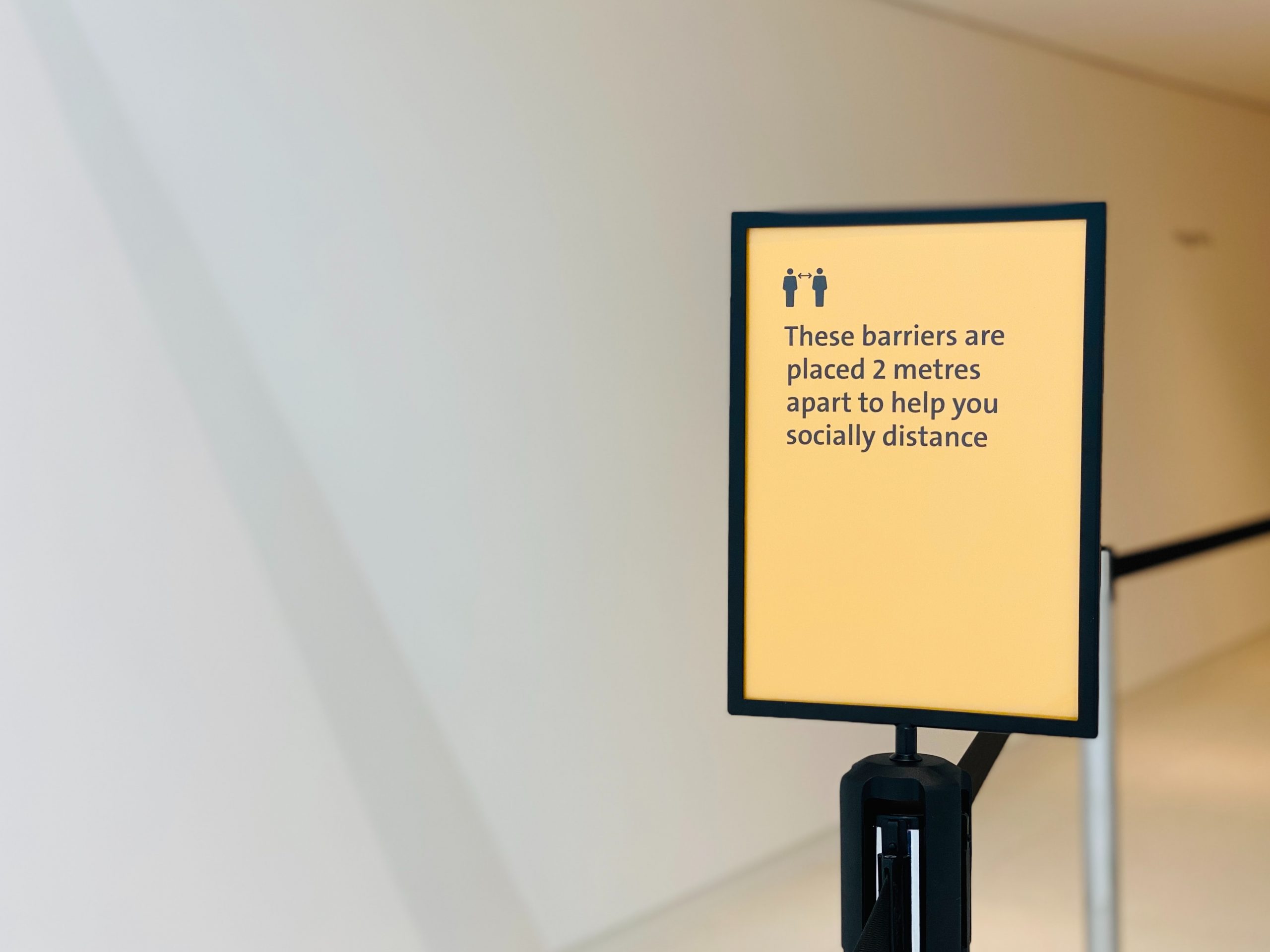
The CRISP project: involving people with heritage
Due to the Corona crisis, almost all cultural heritage institutions have seen a huge decline in their visitor numbers; museums as well as galleries, archives, and libraries. This decline relates to all types of visitors and users, but especially to adults and in many cases, it amounts to 50% or more. Even after restrictions were lifted, audiences did not return immediately, and the expectations for the future are not very hopeful.
Institutions are doing their best to remain in the public’s attention in other ways, with greater or smaller degrees of success. The question is whether this will be done in a sustainable manner and whether certain population groups are not excluded. Recent studies show that the pandemic has a major impact on a target group that can (and could) already be seen as vulnerable. While it is especially important for this group to have social contacts and retain contact with cultural sites, this is now seriously complicated by the circumstances.
Getting back to Heritage
The new Erasmus+ project CRISP (Research on Creative, Innovative and Sustainable Practices to get adults (back) in touch with heritage) extensively researches initiatives in the cultural heritage sector focusing on good practice. The research takes place completely online, but we will also interview those responsible – users, people within the industry, and political stakeholders. Also, an extensive survey among users and non-users is to be carried out; we are interested as much in practices that don’t work as in those that do, as both will teach us important lessons going forward.
We are especially – but by no means exclusively – interested in the experiences of adults that are facing economic, social, or health issues. Using four training activities, we will discuss the outcome of our investigations and prepare conclusions. At the end of the project all of our descriptions and conclusions will be available for everyone on a website.

Quiosq is managing this one-year project. We are very happy to do this in a consortium with five renowned European partners: Plungé Public Library (Lithuania), Greek Culture (Athens), VisMedNet (Malta), EduVita (Lecce, Italy) and InHolland (The Hague, The Netherlands).
Cover image: Photo by Levi Jones on Unsplash


